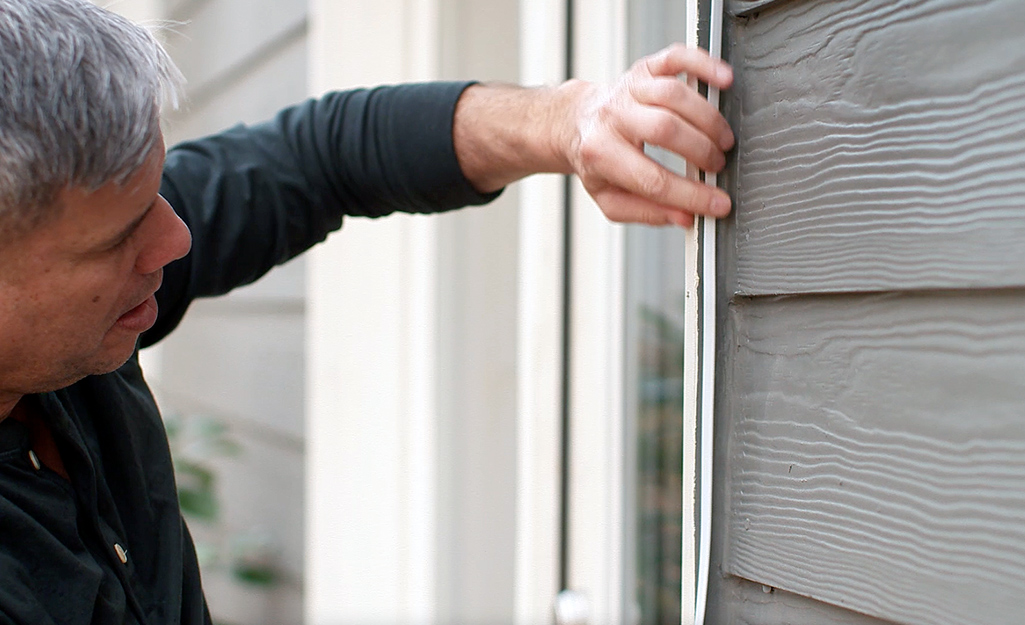 “The Best Advice is always free”
“The Best Advice is always free”
Starting a small business requires bucket loads of wisdom. Financial wisdom offered through various media is not always inherently beneficial to the reader and their business.
The foundations for financial excellence are elementary and logical; here is a new perspective on financial insight to starting your small business. Making use of purely scenario planning this illustrated scenario would be a recommendation for all businesses that you intend financing.
The average cost of setting up a franchise and small business in U.S.A. is currently in the $300,000.00 to $ 474 000.00 marks, a sizeable sum taking into consideration the prevailing economic climate and business confidence levels.
Loans or Finance
In order to stimulate the economy, banks are eager to finance new business as this has a long-term stimulus on the economy and contributes to job and wealth creation.
Most individuals do not have the entire capital amount available to finance their new venture and financing becomes the preferred and logical route to market.
Taking into consideration the average price of a new franchise $474 000.00, the average cash portion of financing that particular business would be $ 153 000.00 which includes the initial, cash joining or franchise fee.
This would equate to a financing portion of $321 000.00 or 68% of the initial set-up cost of the business.
From a personal and statistical point of view, the gearing or debt ratio is too high and the minimum recommended debt ratio should never exceed 50%.
Why is gearing so important?
It is nerve-wracking and soul-destroying to build a business for you only to allocate the major share of your income and profits to servicing a loan and the commensurate interest payments. The strain on the cash flow and reserve funds is too great, and the business rapidly becomes a financial risk to the entrepreneur and the banks concerned.
“The Free Advice”
Total Cost
When using the above figures as our reference and benchmark, if the inclusive cost of the business is $474 000.00.
It would be prudent to assume that if shares were offered at $1.00 per share then the business would have 474 000 shares on offer.
Share Distribution
Taking my advice of a 50% gearing or financing ratio, the business when financed by the entrepreneur would allocate to the entrepreneur, 50%(237 000 shares) of the shares currently on offer (The portion he/she has paid cash for)
The remaining 50% of shares on offer would be the right and technical ownership of the banks or financing institution.
The Thinking Motivating This Strategy
As the entrepreneur pays off the loan, their ownership or share-holding increases exponentially.
Goals are easy to set, time and financing permitting the entrepreneur sees his/her goal of 100% ownership as achievable and desirable.
When the bank is essentially a partner in your business the relationship changes, the entrepreneur can take the banks perspective into consideration as they are a valuable share-holder, the logic of having a “you” and “me” approach becomes a “we” approach to the business.
Any extra funds available will inherently go toward servicing the loan on the business.
The Ultimate Lesson
That our thinking and approach has changed, it is a recommendation that one ignore financing by financial institutions and approach friends, acquaintances, and family to finance your business using this share-holding approach. The entrepreneur develops a fiscal policy that is easy to equate and calculate, profit distribution is just as equitable, and the entrepreneur has a clearer indication of the status of the business free of financing and interest costs and charges.























